According to the National Center for Hydro-Meteorological Forecasting, from January 20-21, 2024, the Northern and North Central regions are likely to experience a severe cold spell, with the lowest temperature in mountainous areas possibly falling below 90C , in high mountainous areas possibly falling below 20C , and in some places below 00C . From January 21, the Gulf of Tonkin and the North East Sea (including the Hoang Sa archipelago) will have strong northeast winds of level 6-7, gusting to level 8-9, then the strong winds will tend to spread to the southern seas, causing rough seas.
To proactively respond to severe cold and strong winds at sea, minimizing damage, the Standing Office of the Provincial Steering Committee for Natural Disaster Prevention, Search and Rescue and Civil Defense requests the Steering Committees for Natural Disaster Prevention, Search and Rescue of districts, cities and towns; and related units to direct the implementation of response measures.
For severe cold:
Closely monitor warning bulletins and forecasts on the development of severe cold and the actual situation to promptly notify and guide local authorities and people to proactively prevent and control, focusing on the following main contents:
Provide guidance on ensuring people's health, do not use honeycomb coal stoves for heating in closed rooms to avoid human casualties; direct inspection and review of plans to ensure safety for students at boarding schools.

Strengthen propaganda and guidance for livestock households to strengthen barns, cover and keep warm, store food; prevent and control diseases for livestock, poultry and aquatic products; provide guidance on measures to ensure safety for rice, vegetable and other crop production.
Inform and guide visitors and tourists ; warn of the risk of ice and slippery conditions to ensure the safety of people and vehicles participating in traffic. Proactively organize specialized working groups to go to the grassroots to inspect, urge and guide people on appropriate and effective prevention and avoidance measures.
For strong winds at sea:
Closely monitor warning bulletins, forecasts and developments of strong winds at sea; notify captains and owners of vehicles and vessels operating at sea to proactively prevent and have appropriate production plans, ensuring safety of people and property; maintain communication to promptly handle possible bad situations.
Organize the on-duty team seriously, regularly report and summarize the implementation results to send to the Standing Office of the Provincial Steering Committee for Natural Disaster Prevention, Search and Rescue and Civil Defense.
Source





![[Photo] General Secretary To Lam attends the 80th Anniversary of the Cultural Sector's Traditional Day](https://vstatic.vietnam.vn/vietnam/resource/IMAGE/2025/8/23/7a88e6b58502490aa153adf8f0eec2b2)



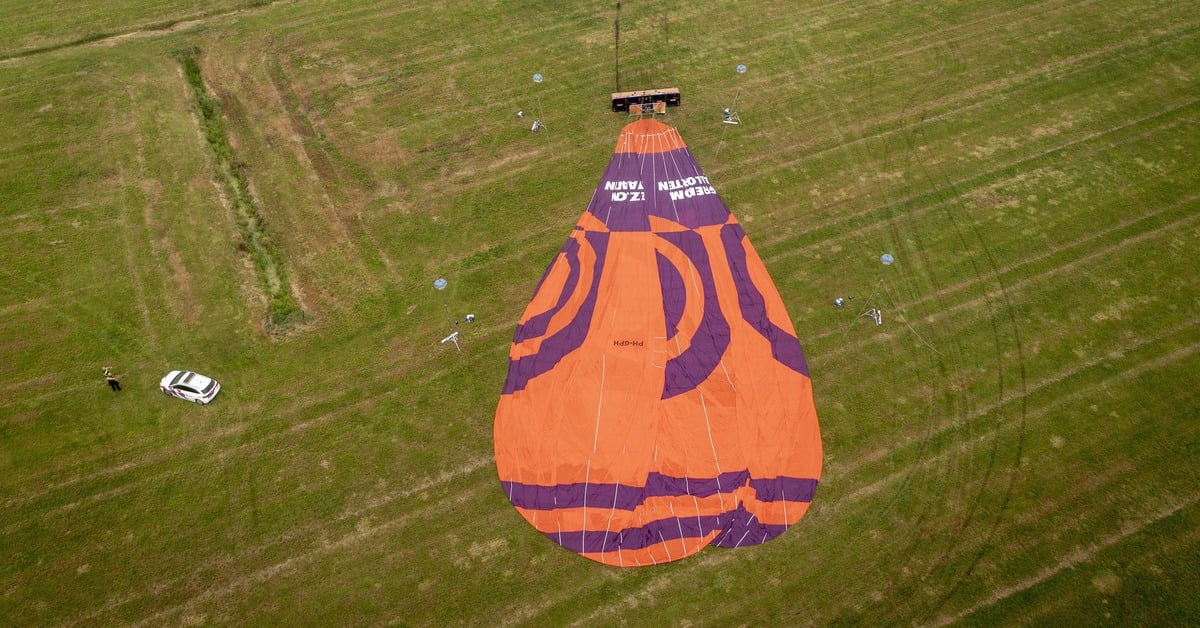







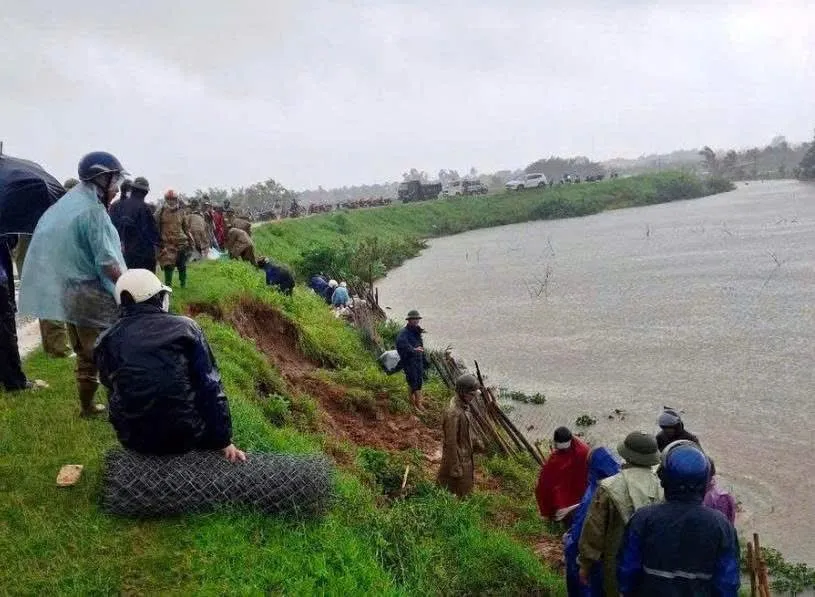
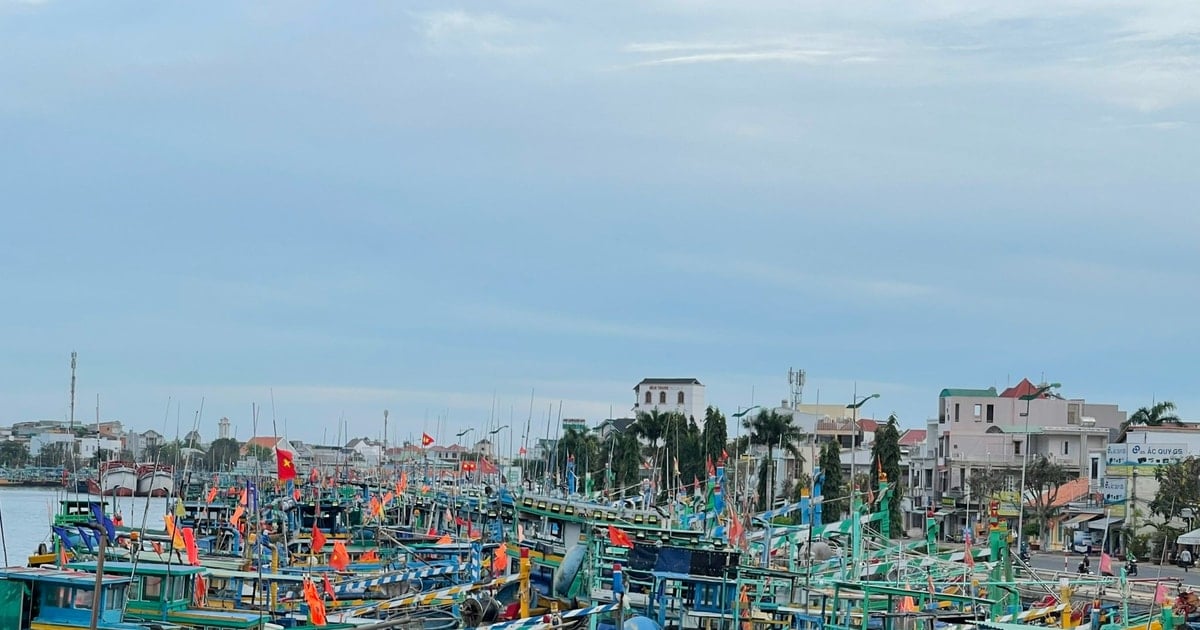

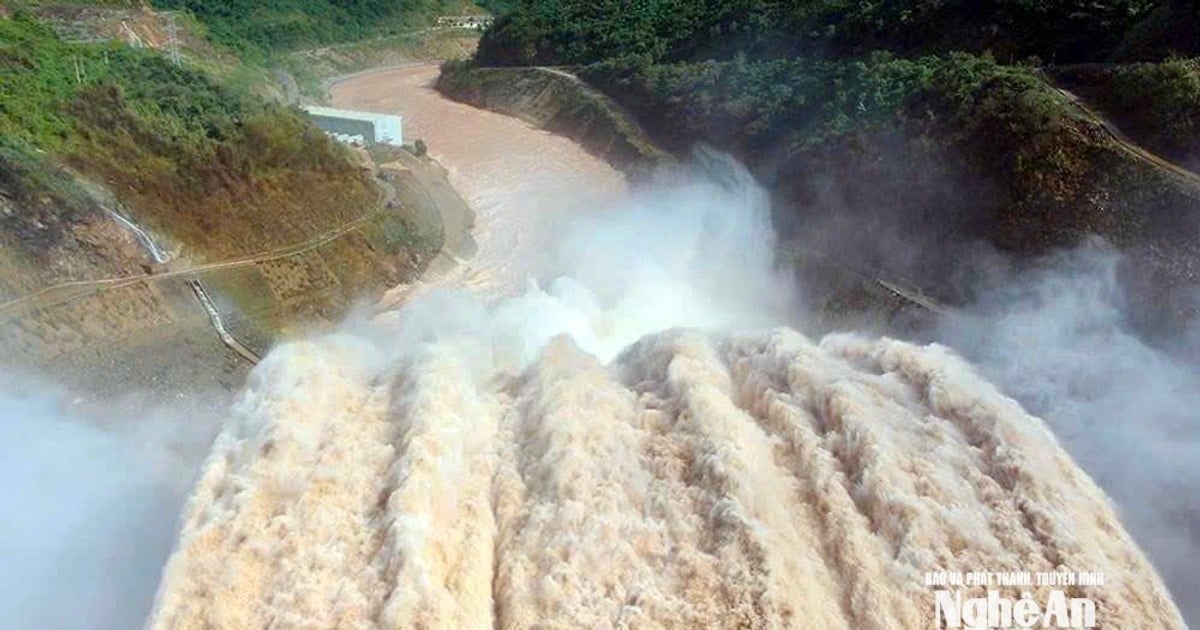


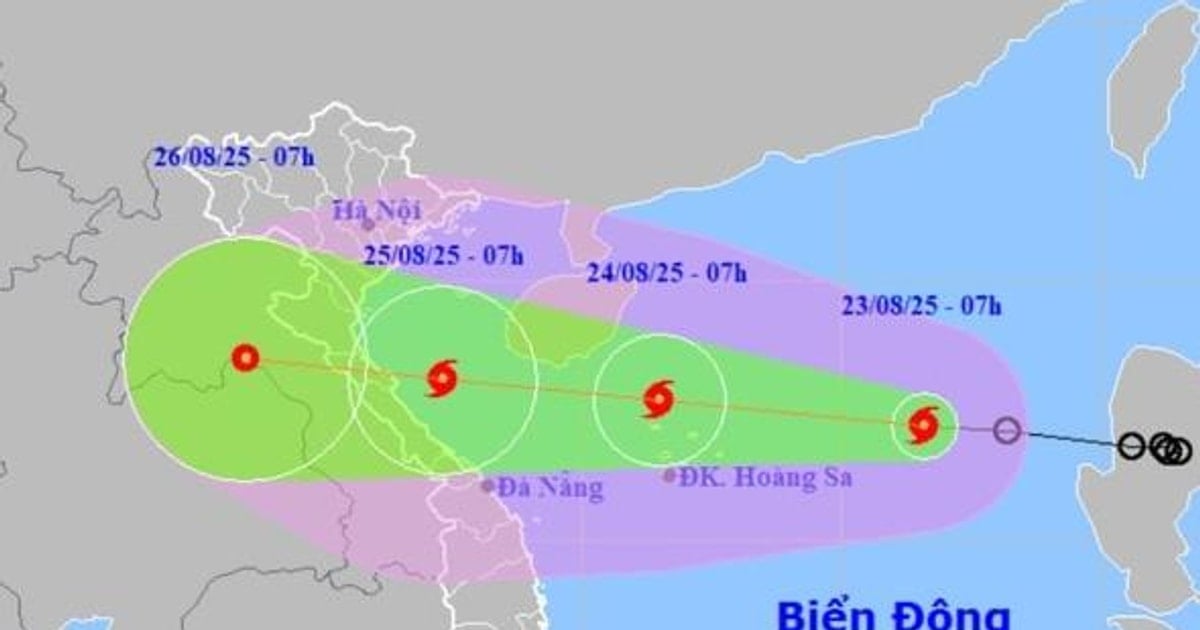



























































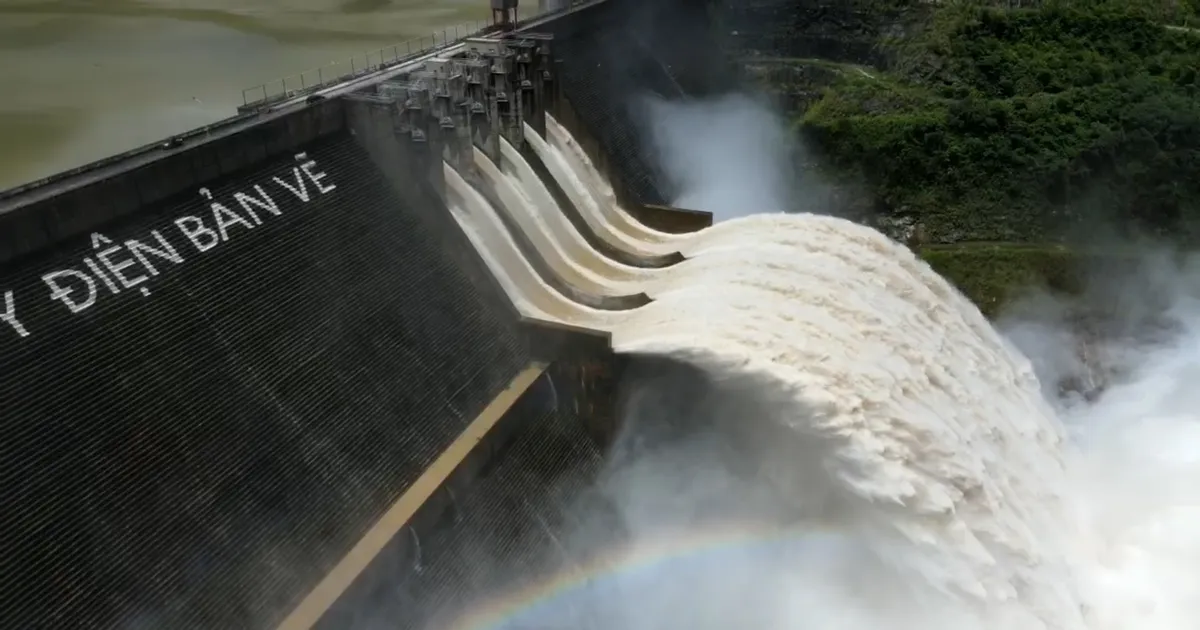




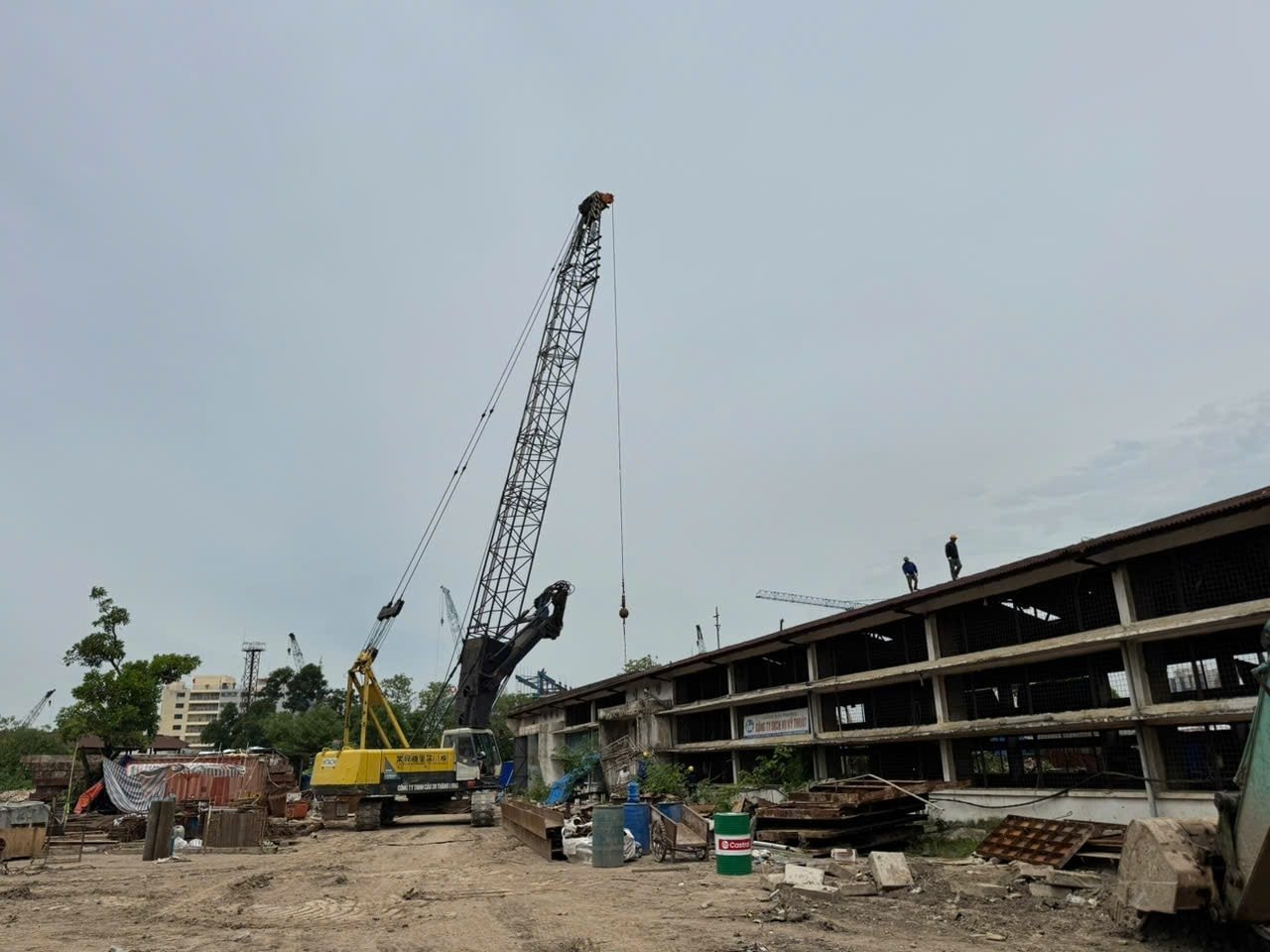















Comment (0)